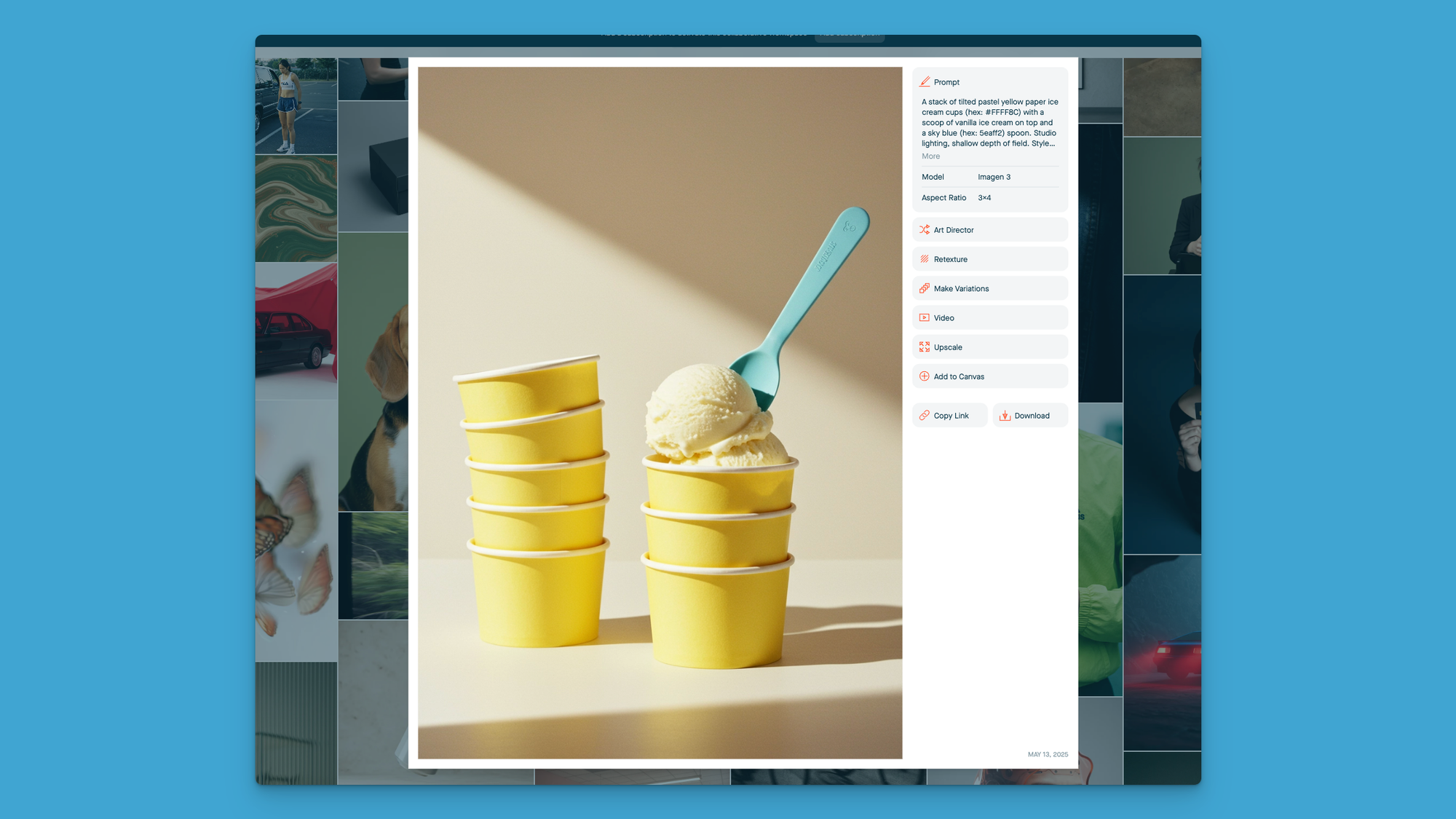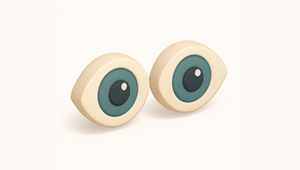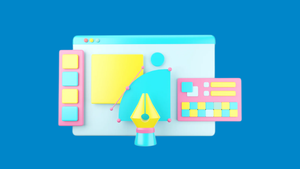This week, instead of a deep-dive article, I’m sharing a mix of things I’ve been exploring, ideas, tools, and trends that caught my attention recently. From platforms for visual inspiration to emerging design formats and new creative tools, here’s a roundup worth checking out.
Cosmos
Cosmos is a digital sanctuary for visual thinkers. Designed with intention, it provides a calm, immersive space to collect and organize inspiration, free from the noise of likes, comments, and followers. The dark, minimalist interface like a curated gallery, inviting designers, artists, and creative minds to explore and express without distraction. Every interaction feels thoughtfully crafted, from smooth transitions to art-directed typography, making Cosmos as inspiring to use as the content it holds.

Visual Electric
Visual Electric is an AI-powered image generation platform designed for creative exploration, with a strong emphasis on photography-inspired aesthetics. It showcases a wide range of styles—editorial, fashion, product, cinematic, and minimalist—highlighting its ability to produce highly detailed, stylized, and imaginative visuals. Users can input rich prompts describing mood, lighting, subjects, and style to generate photorealistic or artistic images.
The platform caters to creative professionals, designers, photographers, and artists seeking distinctive visuals for editorial, conceptual, or commercial work. Its diverse outputs, from avant-garde fashion to surreal compositions, reflect a focus on both technical quality and artistic direction.

Design news
Airbnb’s new generation of 3D icons
Airbnb recently launched a redesigned app featuring a new media format for icons called “Lava,” a proprietary, high-performance format designed for animated, 3D UI elements. Unlike static icons or formats like Lottie, Lava delivers richly rendered, tactile icons with smooth, high-frame-rate playback and full alpha transparency, bringing a playful and immersive feel to the interface.
Designers, in short, are losing their minds over this new style. It’s fun, visually rich, and feels like a modern throwback to the hyper-realistic 3D Apple icons of the early 2000s, only reimagined with today’s tech and taste.
Lava functions as a lightweight “micro-video” with a transparent background, enabling responsive, real-time animations that can pause, play, or sync with user interactions. The icons are prerendered in 3D with detailed lighting and shadows, giving them a handcrafted, clay-like appearance. A custom rendering engine ensures seamless performance across Airbnb’s web, iOS, and Android apps, with no need for platform-specific adjustments.
3D icon tools and explorations
Charlie Clark is quietly working on Thiings, a beautiful library of 3D icons with user profiles so people can show off their creations.
Thiings by Charlie Clark
Richard Rolfs created a GPT prompt that remarkably closely replicates the new Airbnb icon style. Check it out and try making your own.
Here’s a Pixar-style lamp I generated using Richard’s prompt. This is one attempt, with no edits.

@soumyadesign uses a structured, iterative approach to generate 3D icons. She builds prompts with consistent syntax, angle, texture, details, and reuses outputs to reinforce style. For accuracy, she references images (such as IKEA shots) and provides specific feedback when results require refinement. For Airbnb-style icons, she referenced their set; for others, she relied on careful prompt tuning without external references.
Here’s a set of lamps I created using her technique. See the thread and her method.

Lastly, take a look at how @MattJedrzejewsk animated this 3D icon with a full 360-degree view—perfect for use in any app or website.
3D animation by @MattJedrzejewsk
Tools and apps
How to convert
How to convert is one of my favourite new finds.
How to convert
How to convert is a privacy-focused file conversion tool that runs entirely in your browser or offline via a downloadable app, meaning your files never leave your device. Unlike typical converters that upload files to external servers, it processes everything locally, eliminating privacy risks. It supports batch conversions, offers advanced settings for various formats, including images, audio, and documents, and accommodates over 2,000 file types, including niche and professional formats. The platform is available on the web and as a cross-platform app, with a simple interface, transparent one-time pricing, and active, open development based on user feedback.
Other news
Config ’25
Figma Config wrapped for the year—if you missed the Figma updates and product launches, @nlevin has a great summary thread that covers it all concisely. See and watch the talks.
Y Combinator
YC encourages more designers to become founders, arguing that their strengths, user empathy, problem-solving, and taste are critical to building great companies. As AI and no-code tools lower technical barriers, design-led startups are uniquely positioned to thrive, and YC wants to fund them from the start.
James Dyson
James Dyson just launched the world’s thinnest vacuum cleaner, showing how obsessive attention to every design detail and use case can lead to products that are both transformative and highly profitable. Read more and chime in.



